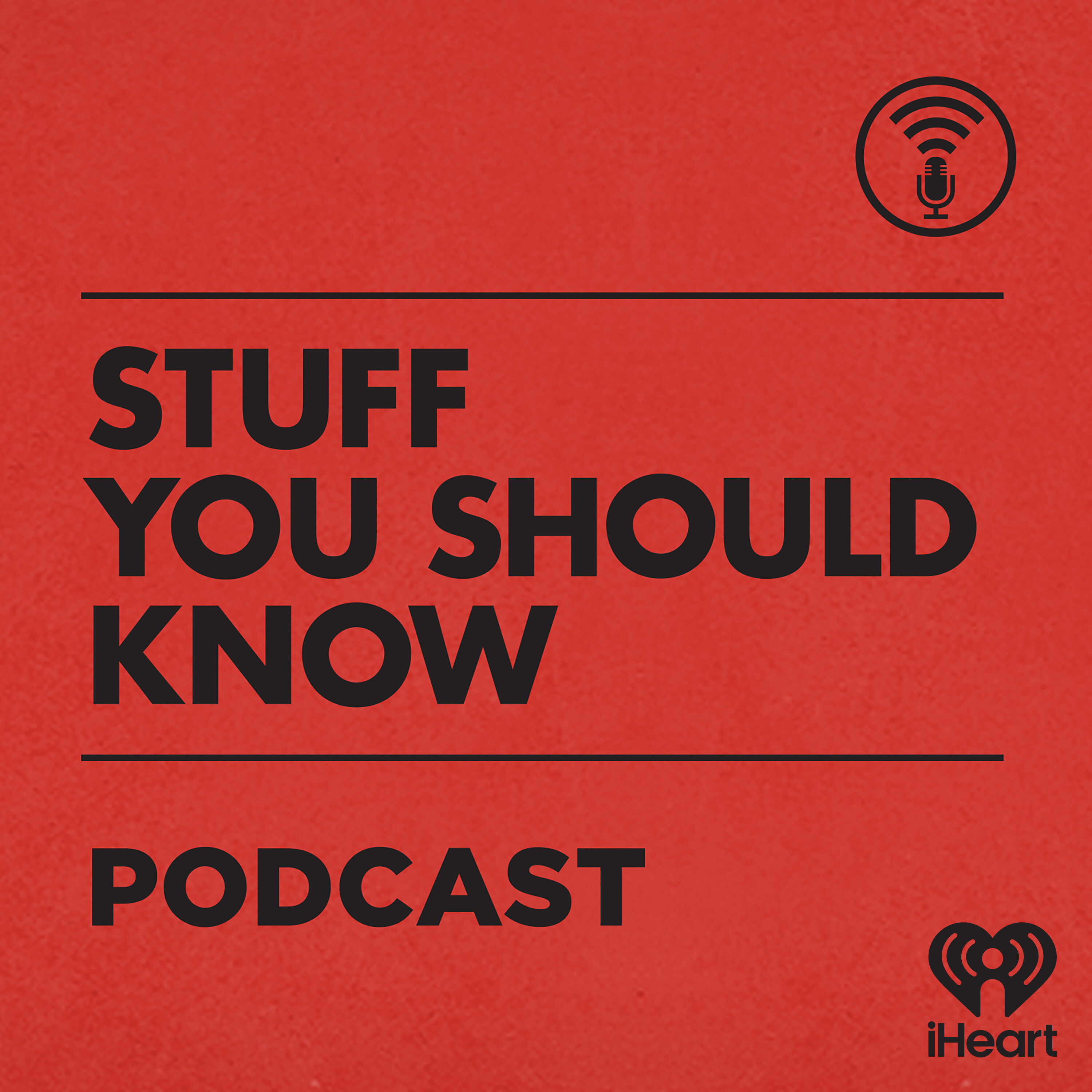Chapter

The Impact of Blue Laws on Church Attendance and Liquor Sales
A study conducted in Georgia over a 50 year period found that the repeal of blue laws led to a significant decrease in church attendance and donations. However, the impact on liquor sales was minimal as liquor stores in counties with blue laws only made slightly less than those without them.
Clips
The decision of closing businesses on Sundays to give families time to spend together could create a paradox if people are unable to run essential errands or access necessary services.
46:22 - 49:01 (02:38)
Summary
The decision of closing businesses on Sundays to give families time to spend together could create a paradox if people are unable to run essential errands or access necessary services. Additionally, keeping some businesses open to cater to those who have the day off could create a second class of workers, reinforcing economic inequalities.
ChapterThe Impact of Blue Laws on Church Attendance and Liquor Sales
EpisodeWhat are blue laws?
PodcastStuff You Should Know
A study conducted in Georgia over 50 years found that repealing blue laws led to a significant decrease in church attendance and donations, as churches competed with other pastimes without the support of state-enforced blue laws.
49:01 - 52:45 (03:43)
Summary
A study conducted in Georgia over 50 years found that repealing blue laws led to a significant decrease in church attendance and donations, as churches competed with other pastimes without the support of state-enforced blue laws. However, there was no notable impact on charitable activities besides churches, and liquor stores in counties with blue laws make slightly less than those without.
ChapterThe Impact of Blue Laws on Church Attendance and Liquor Sales
EpisodeWhat are blue laws?
PodcastStuff You Should Know
In the late 18th century, two slang terms - "blue nose" and "blue stocking" - were in existence around the same time that laws restricting certain activities on Sundays began being called "blue laws."
52:45 - 55:46 (03:01)
Summary
In the late 18th century, two slang terms - "blue nose" and "blue stocking" - were in existence around the same time that laws restricting certain activities on Sundays began being called "blue laws." The former term may have referred to people who wouldn't spend money on heating in the winter, causing their noses to turn blue.